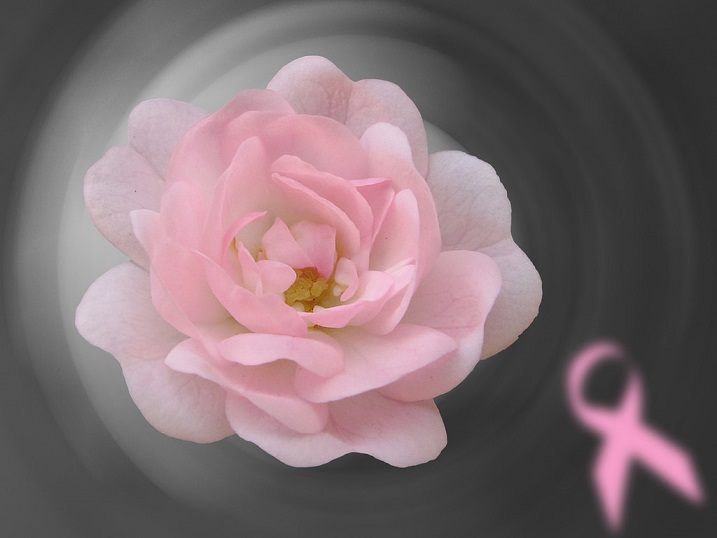
October is Breast Cancer Awareness Month. Statistics show that 1 in 8 women will develop breast cancer in their lifetime, so it’s a very serious issue to be informed of. As a mom, you want to be around for your children’s lives for as long as possible, so it’s important to know what you might be up against on the health front. Since breast cancer is so common, you’ll want to know how you can prevent breast cancer, or at least catch it early.
There are some factors that contribute to your risk of breast cancer. Breast cancer risk is much higher in those who have a recent family history of it. There is a gene mutation that can be inherited that make certain people more susceptible to developing cancer. Though that is a large factor, some argue that lifestyle is more of a telling factor. Women who are overweight, or live sedentary and unhealthy lifestyles are at high risk for developing breast cancer. Also, those who drink alcohol often and in large amounts are also at a higher risk, as well as those who smoke.
One of the most important things you can do in preventing or detecting cancer early is getting regular preventative care. Since the 1990’s, death rates from cancer have seen a significant decline thanks to awareness and more people seeking early detection. Monthly self breast exams are a must for all women, but can often be a little difficult to make any conclusions from. The menstrual cycle actually causes natural cysts in the breast that many women may incorrectly believe is cancer. These cysts come and go through the different stages of the the cycle, so if someone were to perform a self exam at different points in the cycle they may worry that a cyst is a cancerous lump.
If you are ever unsure about a lump, instead of silently stressing about it, be sure to go to a women’s health professional such as Women’s Health Nurse Practitioner. They are experts in women’s health care needs, and can sometimes be more accessible than doctors when it comes to appointment times and affordability. Along with breast cancer screenings, a women’s health NP can perform other essential duties such as routine gynecological checks, and prescribe contraceptives and hormone therapies.
Along with preventative care and checkups, there are things you can do in your everyday life that may help reduce your risk of breast cancer. There are many ways to help reduce your risk of developing breast cancer. Maintaining a healthy weight is probably the most important thing you can do. Part of maintaining a healthy weight includes regular exercise, eating healthy, and getting enough sleep, which are all also recommended for reducing cancer risk. It’s also suggested that you reduce the amount of red meat you consume, or even cut it completely from your diet if you can, and instead eat more fish. Adding more olive oil and spices like curcumin, ginger, cloves, cinnamon, black pepper and red pepper to your diet are also linked to reduced cancer risk.
One thing that many mothers can add to their risk reduction is breastfeeding. According to an infographic from Bradley University about breastfeeding, for every year a mom breastfeeds, she can reduce her risk for breast cancer by 6%. Along with the reduced risk for breast cancer, breast feeding is also believed to reduce the risk of ovarian cancer, type 2 diabetes and even postpartum depression. Add to that the multitude of health benefits that infants get from being breastfed, it seems like a great choice.
Breast cancer is a serious and an unfortunately common disease. But, the more we learn and know about it the better we can prevent it, catch it early, and fight it. The earlier you catch breast cancer, the more likely you are to survive it. Keep informed and keep up on preventative care, and do your best to help inform those around you.



























